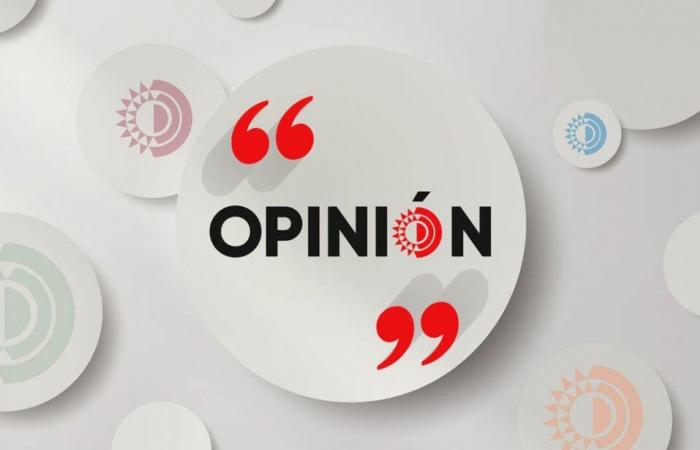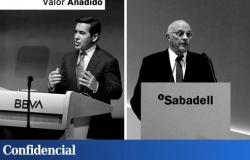It is very flattering, interesting, comforting, hopeful to see that Ernesto Zedillo, former president of the Republic (1994-2000), confesses: the truth I do not know, when his Nexos interviewer tells him that we are in the worst of the imaginable worlds and asks how to return from there?
– Advertising –
Ernesto Zedillo’s moral authority to make a serene and sensible analysis of Mexican reality is practically nil. We are hearing one of the most indicated authors of Mexican disasters of the second half of the twentieth century, a paladin of neoliberalism, driver of the errors of December with devaluation, fall of admission, revolution of interest rates, great scam of the fobaproa -ipab to pay debts of rich with national funds, delivery of public heritage and natural wealth to large consortiums, impoverish of society and many more misdeeds.
However, the most illustrative of the Zedillo analysis is that it lacks absolutely some plan to defeat the 4T and return to the adventures of before and, especially, to the corrupt state, within which the rulers operated from the formation of the PRI with that name (1949-52) and until 2018, in which they were displaced.
After confessing that my conclusion is very simple: in Mexico democracy died, Zedillo does not try to demonstrate that before 2018 the country lived in the best democratic regime, but only insinuates it with that of dead to democracy. The former president does not affirm that they have killed her, but that she died, without pointing out the probable cause. As he does not know how to return to his own past, he cannot imagine the fall of the current government. The former president does not summons the people.
However, Zedillo knows something about it, even if he only hints or does the clueless. By reproaching the behavior of the real power factors that prefer to remain silent, the politician is reproaching to economic powers and, perhaps, also foreigners. It is not necessary to continue asking questions to those who delivered so much public wealth to the real factors of power.
Ernesto Zedillo lives in the most complete desolation and only trusts, apparently, in the economic power that now, he says, he supports the current government, and waiting to benefit from the death of democracy. The former PRI boss warns with clairvoyant claim that the real factors of power will regret when the 4T decides to chase them.
There is no program in Ernesto Zedillo’s speech, but neither does the slightest outline of a political plan to demolish the 4T, as it was not, perhaps, the eventual conspiracy of the real power factors.
Zedillo is in the same situation as organized political oppositions, basically the PRIAN and a pair of budding parties: they do not understand what has happened in Mexico in recent years. They never managed to see that under their own feet a kind of popular rebellion against the corrupt state, the distribution of income and dominance of a voracious oligarchy was being forged.
Zedillo shows us a state of intellectual confusion because he fails to enhance a political force capable of defeating populists, so defenestrated by the once unbeatable neoliberalism that was imported by political power more than 40 years ago, a long term to cause immense social damage and, at the same time, lead to the historical response of a popular majority forged during all those years in which the antipopular and antipopular program reigned of the neoliberals.
Zedillo cannot even admit that 4T is a political majority in the country. He says that the reform of the Judiciary was an extreme point, but does not defend the judges, does not respond for them, do not rebound the criticism of the deep state of corruption in which they are found. Consequently, Zedillo lacks the proposal for the reform of the Judiciary, as has been the case of his friends of the Prian. In this political, cultural and intellectual vacuum, it is achieved to distinguish the bankruptcy of the oppositions that were previously power and that, with their aggressions to the people of Mexico, caused the response of what is today the new popular political force.
Therefore, Zedillo has no more than to be sincere by calling the real factors of power, oligarchic economic power, to fight against that popular majority who has thrown from political power to neoliberals. There is no democratic call, as there was not in their times, but perhaps to make the power of money again.






